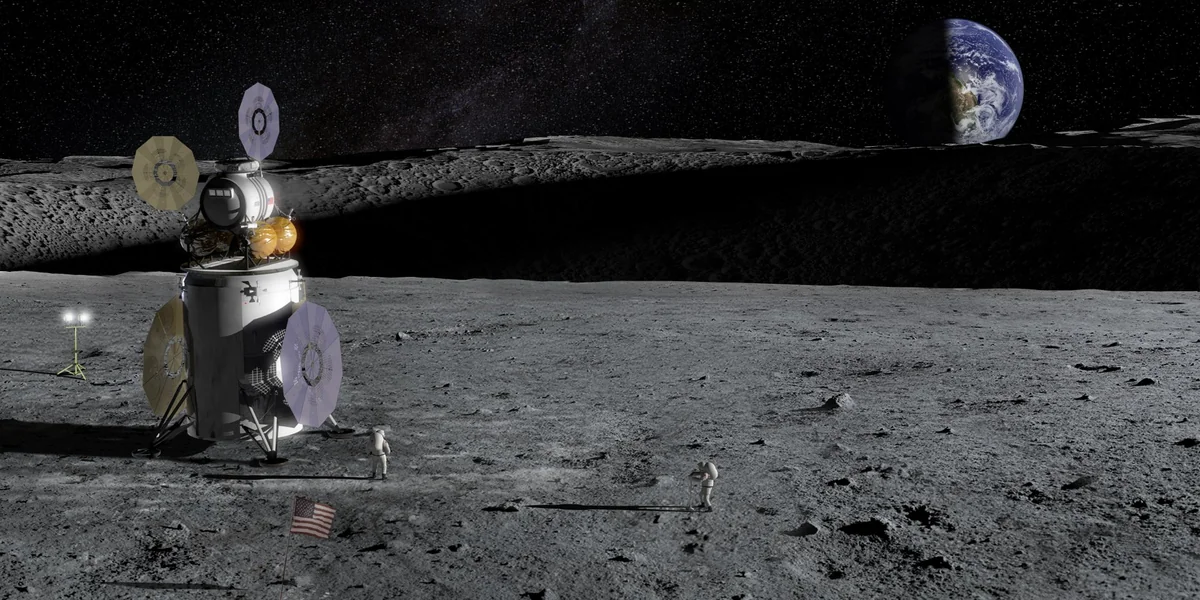US and seven partnering countries sign NASA's Artemis Accords
- 14 October, 2020
- 10:35

Seven countries have joined the United States in signing the Artemis Accords, a set of principles governing norms of behavior for those who want to participate in the Artemis lunar exploration program, Report says, citing TASS.
During a session of the International Astronautical Congress on October 13, NASA announced that Australia, Canada, Japan, Luxembourg, Italy, the United Arab Emirates, and the United Kingdom joined the United States as the first to sign the accords, which NASA announced in May. Representatives of all eight nations signed the documents in a virtual ceremony.
“Fundamentally, the accords are about avoiding conflict, transparency, public registration, de-conflicting activities,” NASA Administrator Jim Bridenstine said at the ceremony. “These are the principles that will preserve peace.”
The accords, seven pages long, outline a series of principles that countries participating in the Artemis program are expected to adhere to, from interoperability and release of scientific data to use of space resources and preserving space heritage. Many of the principles stem directly from the Outer Space Treaty and related treaties.
“The demand to be part of the Artemis program was quite overwhelming,” Bridenstine said in a call with reporters. “We thought this would be a perfect opportunity to create the rules by which all nations will participate in the Artemis program. The Artemis program would be a forcing function to adhere to the Outer Space Treaty.”
Since announcing the Artemis Accords in May, NASA has been in discussions with these seven countries and others in cooperation with the State Department. While NASA did not publish the original version of the accords, the version released now is “substantially improved from the feedback that we got from the international partners,” said Mike Gold, acting associate administrator for international and interagency affairs at NASA.
One example he cited of such changes is the scope of the accords themselves. NASA was originally focused on having the document apply to lunar and later Martian exploration. Japan, he said, wanted to include asteroid and comet missions as well, based on that country’s program of robotic asteroid missions like the Hayabusa2 asteroids sample return spacecraft. The document now includes asteroid and comet missions, as well as activities in orbit around the moon and Mars and the Lagrange points of the Earth-moon system.
NASA is implementing the Artemis Accords as a series of bilateral agreements between the United States and other countries, which Bridenstine said allows them to move more quickly than if NASA sought a multilateral agreement under the aegis of the United Nations. “If we turned to an international body and had them assemble all the nations of the world and then start moving forward, it would take a very, very long time,” he said. “We have a mandate to go quickly and, at the same time, bring on international and commercial partners.”
